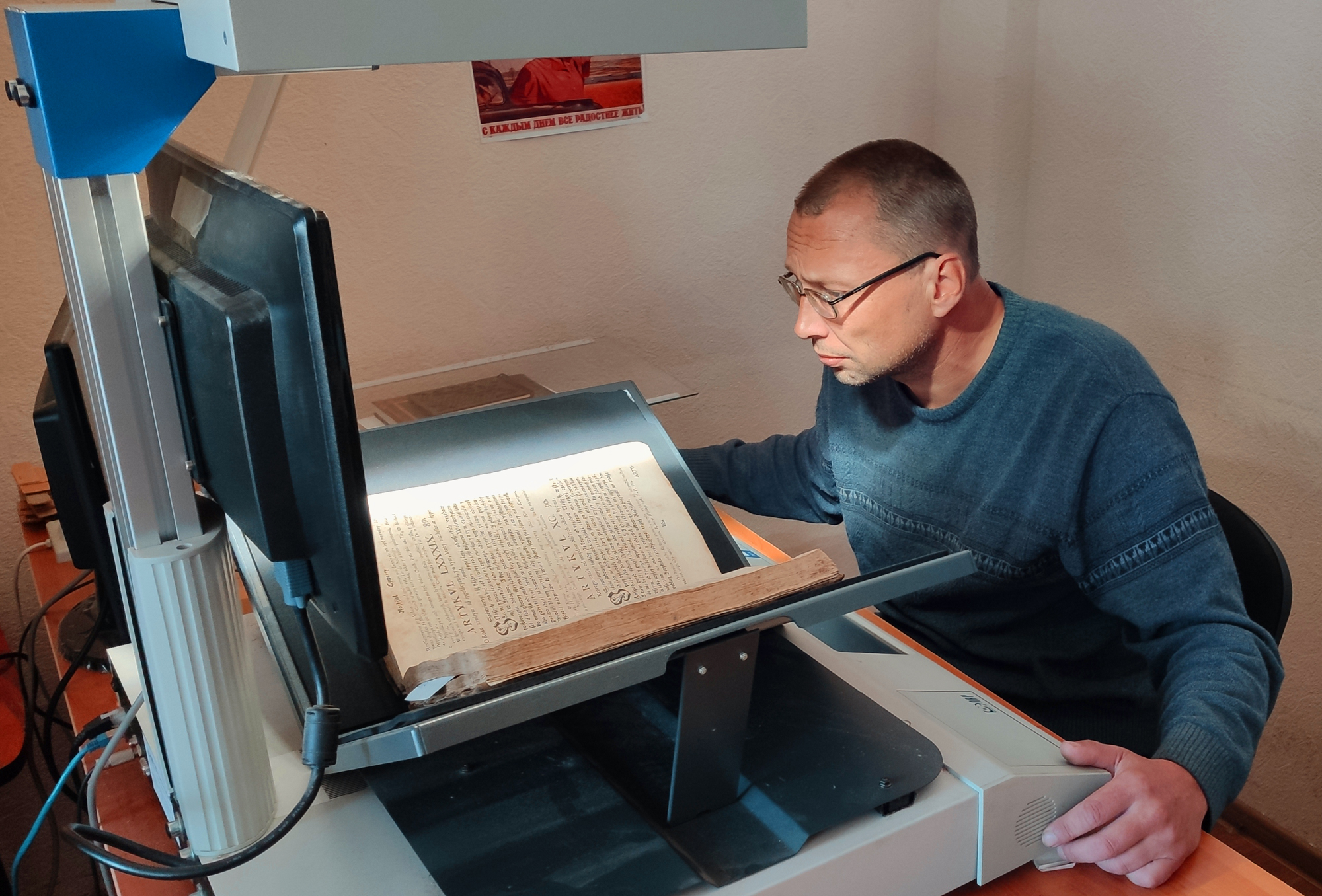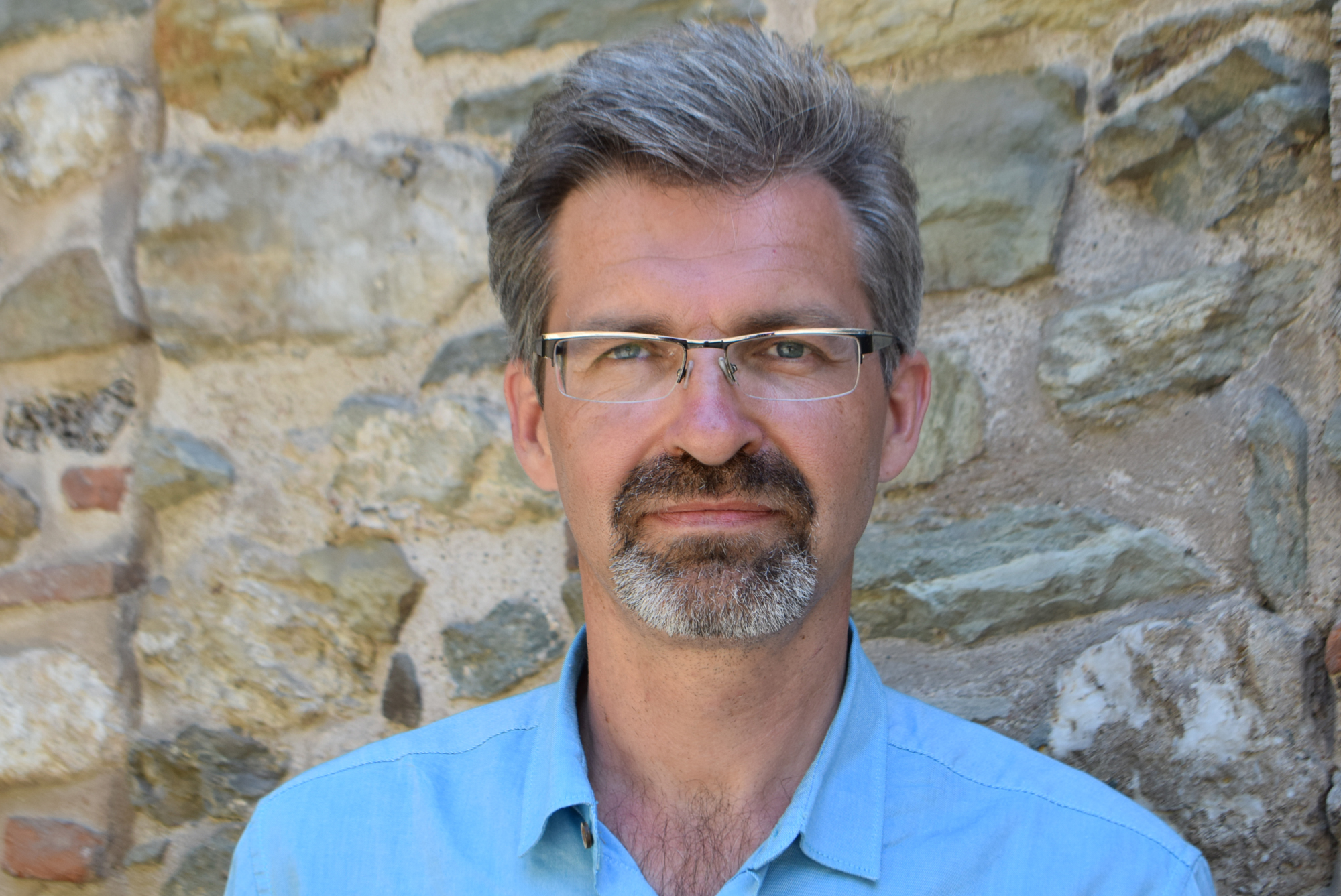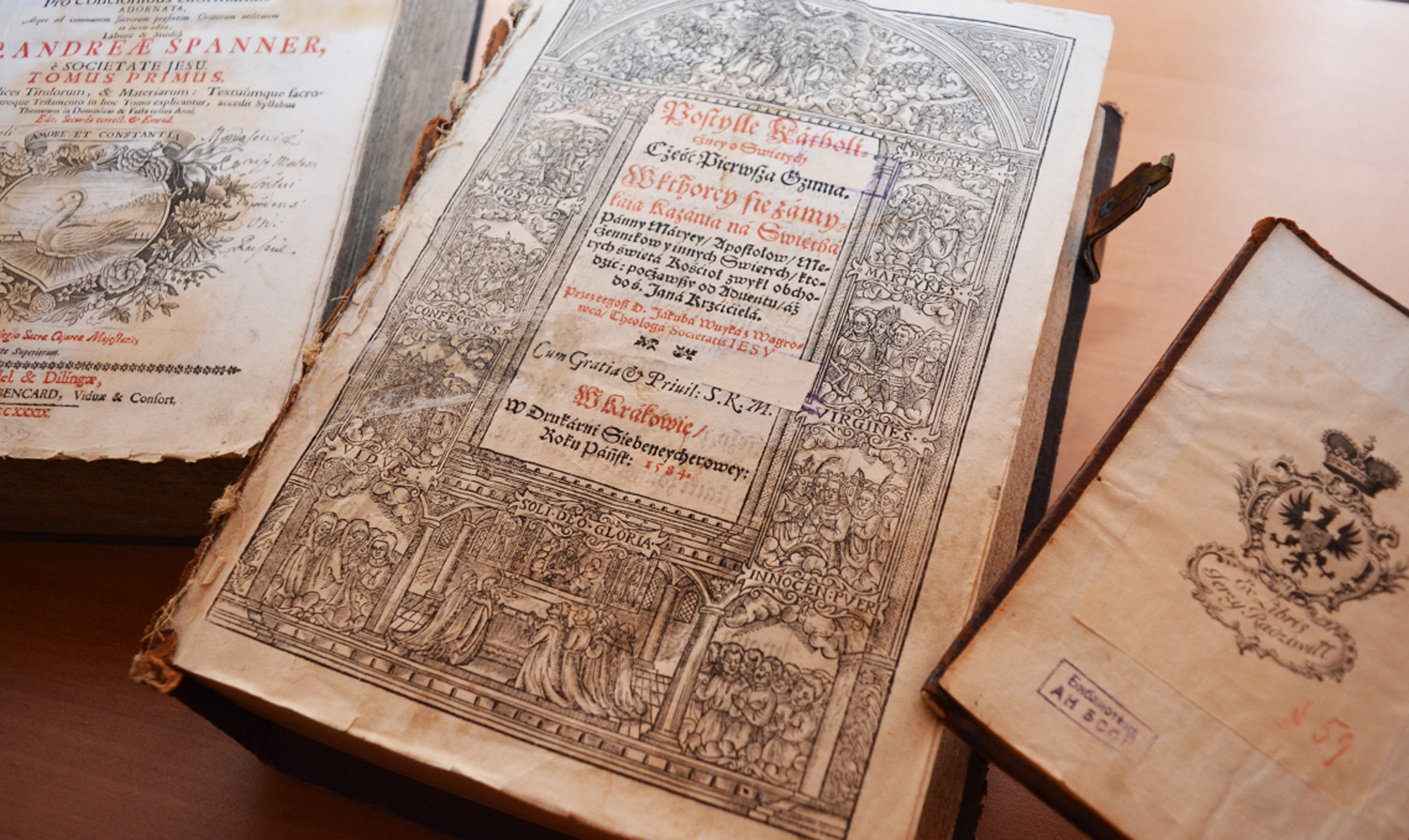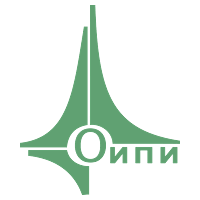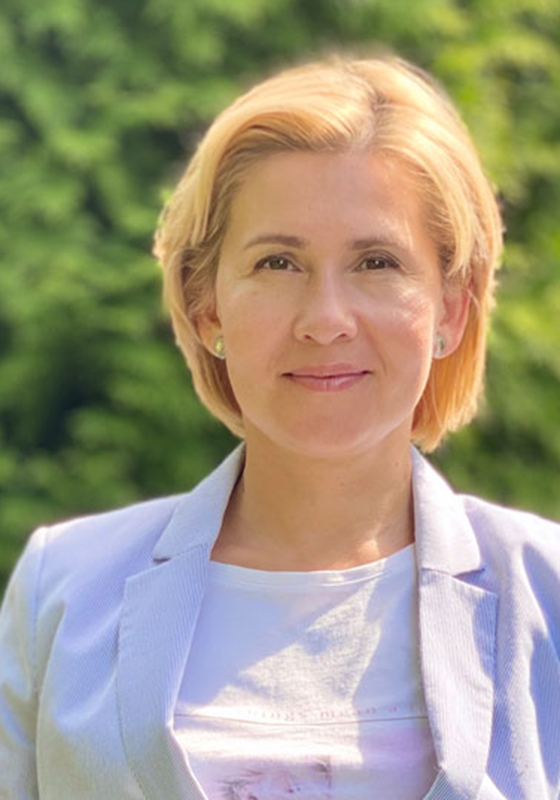More than 5000 historically and culturally valuable items are in the list of the cultural heritage of Belarus. One of them is the Radziwills Library of Nesvizh Ordination. In 2009, the library and the Radziwills archive were included in UNESCO’s Memory of the World Register.
“The Radziwills Library is a valuable historical and cultural monument of world significance and is an important source for studying culture and books not only in Belarus, Lithuania, Poland, but in all Europe”, says Aliaksandr Hrusha, doctor of history and director of the Yakub Kolas Central Scientific Library of the National Academy of Sciences of Belarus. As a winner of the 2017 Enlighten Your Research programme run by the EU-funded EaPConnect project, he and his team received support from the Belarusian research and education network BASNET and the opportunity to digitise the Radziwills book collection.
The history of surviving
The Radziwills Library of Nesvizh Ordination relates to the history of one of the oldest and most influential aristocratic families – the Radziwills, whose representatives held important secular posts in the 15th–18th centuries in the Grand Duchy of Lithuania and the Polish-Lithuanian Commonwealth. The first book collection was created in the 16th century by Mikolay Radziwill Chorny, a well-known statesman and reformer in Eastern Europe. Unfortunately, in 1772 the major part of the books was confiscated and transported to St. Petersburg.
In the 19th century, another library collection was formed. It was replenished until the 1930s and stored in Radziwills–Nesvizh Castle, in the territory of modern Belarus. During World War II, the collection was moved to Germany as “a very valuable library with ancient texts” and only after the war a significant part of it was returned to Minsk. Now, the main part of the Radziwills collection, more than 3.5 thousand books, is kept in the Yakub Kolas Central Scientific Library.
Strong motivation
Scientists from the department of rare books and manuscripts of the Yakub Kolas Central Scientific Library have been working to digitise cultural objects since 2013, starting with the famous Brest Bible (1563), the only copy in Belarus, and a 1575 Gospel – a monument of 16th century Slavonic printing.
The library also has collections from western European editions, Cyrillic printing of the 16th-18th centuries, a collection of handwritten books from the late 17th – early 20th centuries, and 16th-20th century literature about Belarus. But the most valuable part of the collection is the unique books and manuscripts of the Radziwills Library.
It is very important to preserve our national cultural heritage and to bring it to descendants. It was a really strong motivation for us to participate in the Enlighten Your Research (EYR) programme with the project ‘Heritage Digital Data.'”
Challenges and new opportunities
As a result of participation in the EYR programme, the scientists had the opportunity to use dLibra e-publication software, developed by the Polish research and education network PSNC. They used this software and data storage resources provided by BASNET, to continue their digitisation work.
“We focused on quality, so the pre-processing of materials takes a lot of time. Instead of one digital copy, we release three: one – in a ‘raw’ format, so that you can always return to the source; the second is processed, and the third is in a format that is readable by a wide range of people. These copies are stored in an electronic repository”, says Victor Sviokla, a researcher at the library’s department of rare books and manuscripts.
Victor Sviokla and his colleagues are now actively digitising the unique Radziwills collection.
3500+
Radziwills collection books
in the Yakub Kolas Central Scientific Library
3
copies created
per digitised book
18
books
completely digitised
Unfortunately, earlier we faced certain difficulties in our work. It was impossible, for example, to publish the created digital copy in different formats, as well as to publish archival documents. There were problems with the placement of accompanying information about the book and the interface was not comfortable enough. Due to the successful cooperation with BASNET and PSNC, who provided us with dLibra and training, we started to work on a completely different level.”
By autumn 2020, 18 books from the collection have been completely digitised and published on the dlibra.basnet.by resource.
As the scientists chose quality of scans over speed of scanning, the process is not so quick, but they still have the rather ambitious goal to digitise all of the Radziwills collection. They are willing to work continuously with their Polish colleagues and are happy that a second EaPConnect project has begun.
Further information


